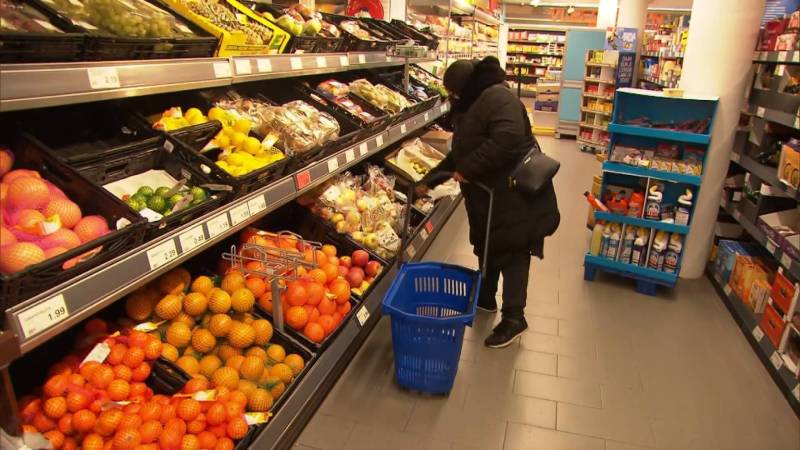Only 15 per cent of the Dutch consider current measures to offset rising energy and food prices sufficient. Seven out of ten think more should be done, for all citizens (36%) or only those on low incomes (35%). This is clear from an actor Research by I&O Research Of the 2,138 Dutch people on behalf of NOS.
This year’s Cabinet decided to compensate incomes less 800 euros, in response to inflation that rose rapidly after the Russian invasion of Ukraine. Energy taxes were also reduced, as were the motor fuel tax.
Last week, the Central Planning Office estimated that 1.2 million people are at risk of getting into trouble. But Prime Minister Rutte and Finance Minister Kag see little scope for additional compensation, they made clear in their response.
raise wages
Research by I&O Research shows that among different voter groups, VVD members often believe that current compensation measures are sufficient. Majority of PVV voters want compensation All The Dutch, while supporters of left-wing parties such as GroenLinks and PvdA mostly support measures targeted specifically at low-income earners.
More people than the previous survey in April (from 54 to 59 percent) believe that employers should also do their part by increasing wages. Entrepreneurs with employees think differently: only a quarter of them agree.
So support for additional purchasing power measures is growing, but at the same time there are not a large number of people indicating that they are in trouble due to high inflation. Just as in April, about 30 percent will suffer as much or some of the price hikes. Above average, these include people with lower or below average incomes, PVV voters, Dutch people with non-Western immigrant backgrounds and single people.
Gas from Groningen
When it comes to one of the important reasons for the price hike, which is the war in Ukraine, it is remarkable that the proportion of the Dutch who are very interested in this matter decreases step by step: from 51 percent in March to 40 percent in April to 32 percent. percent now.
The majority still think we should get rid of Russian gas, even if this leads to higher prices (57%) or the use of gas from Groningen (53%). But here, too, there are decreasing proportions.
“Although the vast majority of Dutch people remain concerned about the war, we see the conflict gradually fading into the background for a portion of the population,” says researcher Asher van der Schelde of I&O Rsesearch.
“At the beginning of the conflict, people were more worried and there was broad support for farewell to Russian gas. Now that interest in the war has declined and fuel prices are rising sharply, support for these and other sanctions is gradually waning.”







